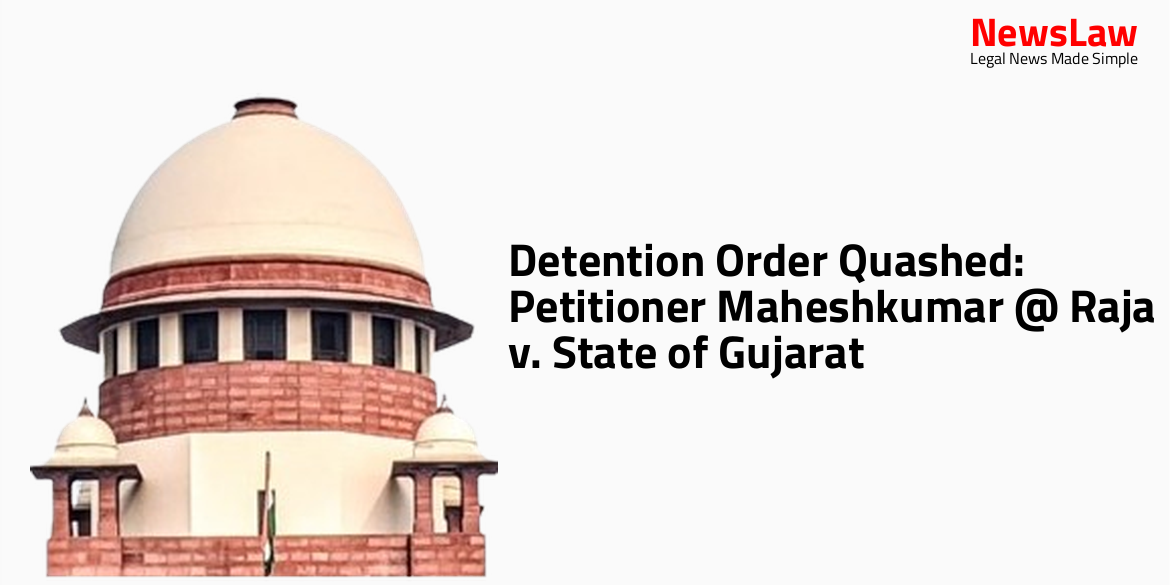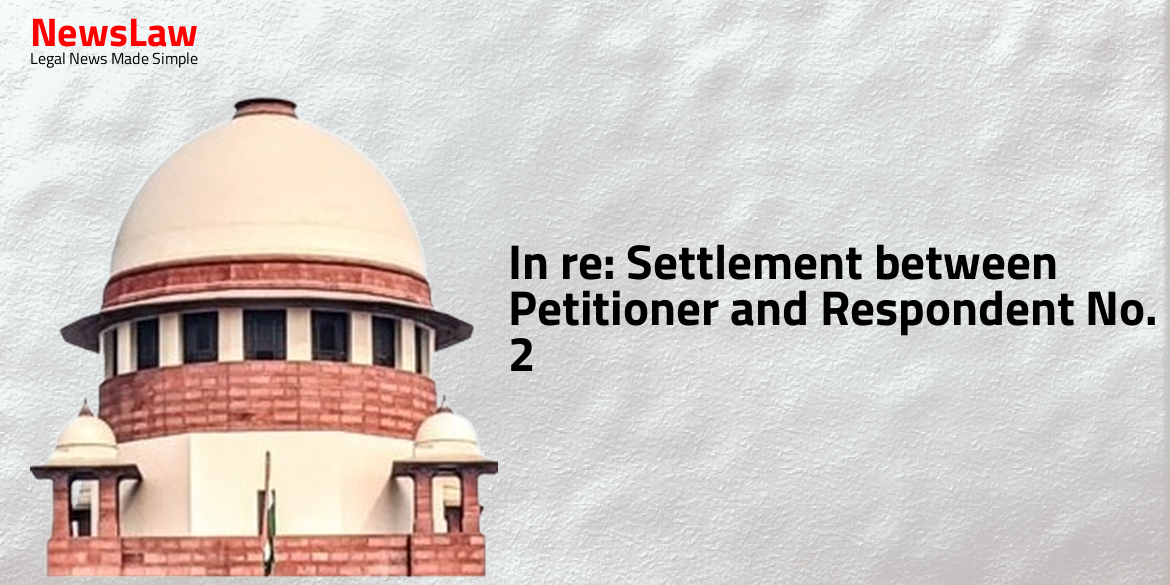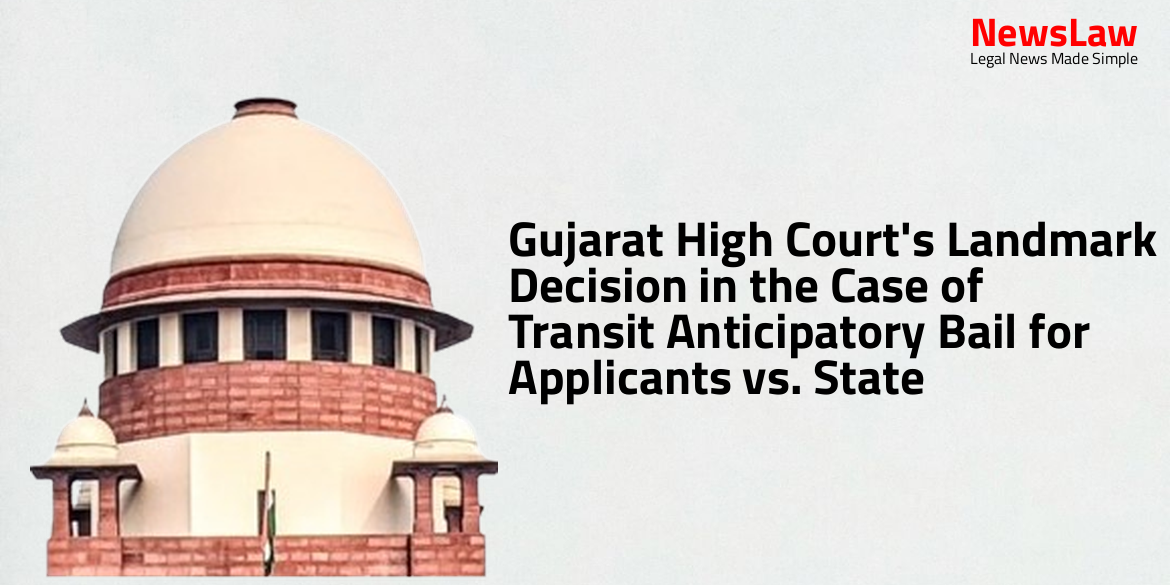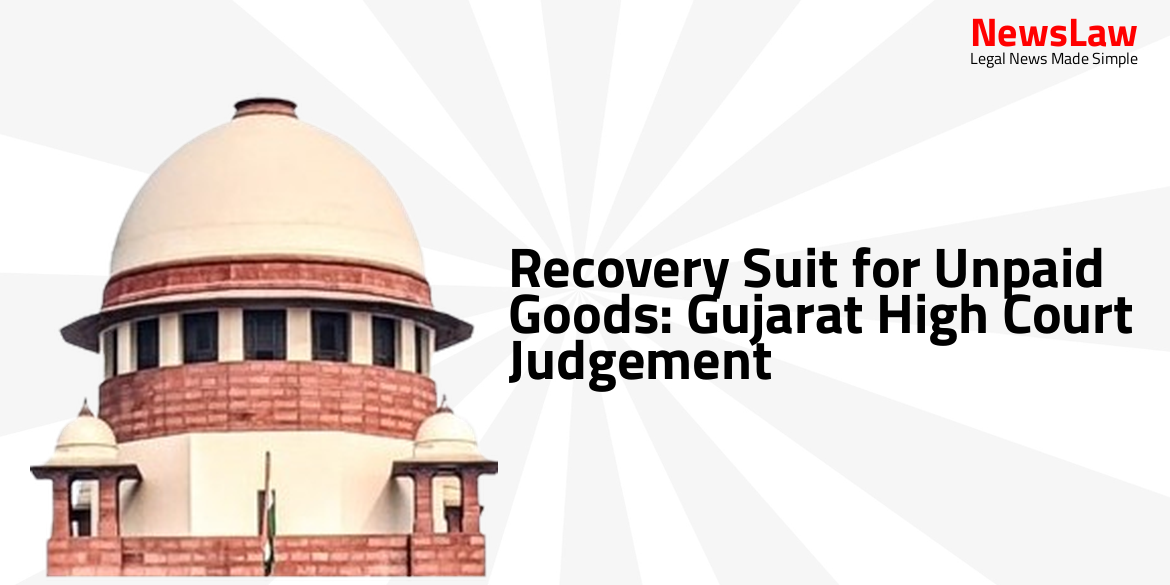In a recent landmark judgment, the Gujarat High Court ruled in the case of Petitioner Maheshkumar @ Raja against the State of Gujarat. The court overturned the detention order, highlighting the insufficiency of evidence linking the petitioner’s actions to public order disturbances. This decision sets a crucial precedent in distinguishing between law and order issues and matters pertaining to public order in preventive detention cases.
Issue
- Whether the order of detention passed by the Detaining Authority under the Act of 1985 is legally valid needs to be determined.
- The key issue is the sustainability of the detention order in accordance with the law.
- The facts and arguments presented by both parties have led to this crucial question.
- The interpretation of the provisions of the Act of 1985 is essential in assessing the legality of the detention order.
Arguments
- Petitioner Maheshkumar @ Raja S/o. Rajendraprasad Gupta was detained under the Gujarat Prevention of Anti-social Activities Act, 1985.
- The petitioner has challenged the legality and validity of the detention order.
- The advocate for the detenue argues that the grounds of detention do not relate to public order but to law and order.
- It is contended that the alleged offences do not impact public order and are only related to law and order.
- The activities of the detenue are said to be prejudicial only to the maintenance of law and order, not public order.
- The detaining authority passed the impugned order to prevent the applicant from acting in a manner prejudicial to the maintenance of public order in Surat.
- The detenue’s antecedents and past activities were considered in the decision to detain him.
- The state counsel argued that the detenue is a habitual offender and his activities have negatively impacted society.
Analysis
- The detaining authority failed to prove the alleged anti-social activities of the petitioner affect public order.
- The incidents of beating by the petitioner do not impact public order.
- Being a bootlegger alone is not grounds for preventive detention unless it affects public order.
- The two criminal cases mentioned do not show the detenue’s activities as prejudicial to public order.
- The acts constituting the alleged offenses did not disrupt the community’s normal life.
- The mentioned offenses have no connection to the maintenance of public order.
- The applicant was granted bail in all the mentioned offenses.
- The distinction between ‘law and order’ and ‘public order’ was clarified in the case of Pushkar Mukherjee v. State of West Bengal.
- Mere disturbance of law and order leading to a detention order is not sufficient for action under preventive detention.
- For an act to be considered as affecting public order, it must affect the community or the public at large.
- An act of assault or injury to specific persons does not necessarily constitute public disorder.
- Disorder that affects public order comes within the scope of the Preventive Detention Act.
- The material on record is not sufficient to prove that the alleged activities of the detenue have adversely affected or likely to affect public order.
- The subjective satisfaction of the detaining authority is not legal, valid, and in accordance with the law.
- The offences alleged against the petitioner and the witness allegations do not create a feeling of insecurity, panic, or terror among the public in the area.
- The order of detention cannot be upheld as it does not relate to the maintenance of public order.
Decision
- The order dated 18.01.2024 passed by the respondent authority is quashed.
- The petition is allowed.
- Direct service is permitted.
- Rule is made absolute.
- The detenue is directed to be set at liberty forthwith, if not required in any other case.
Case Title: MAHESHKUMAR @ RAJA S/O RAJENDRAPRASAD GUPTA THROUGH RAJENDRAPRASAD DEVISAHAY GUPTA Vs. STATE OF GUJARAT
Case Number: R/SCA/1633/2024



